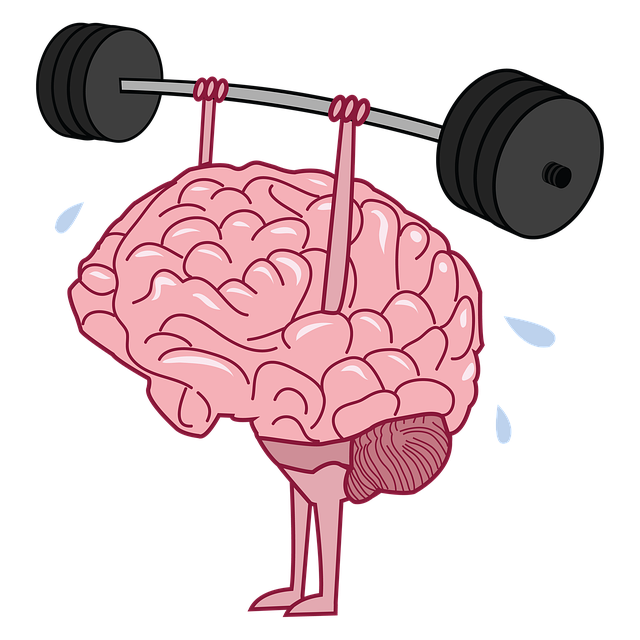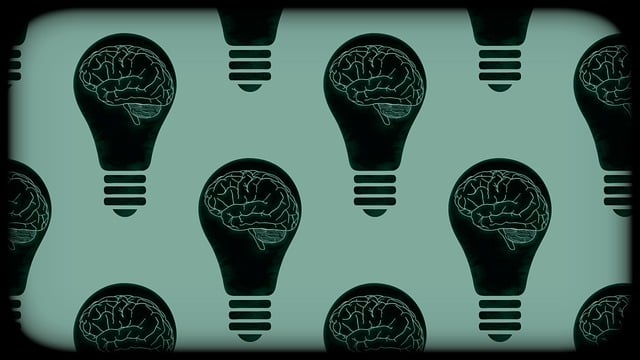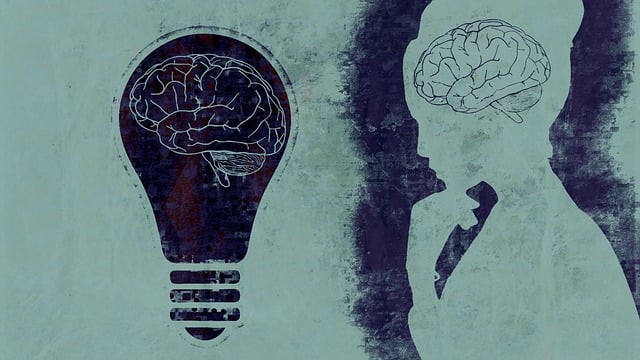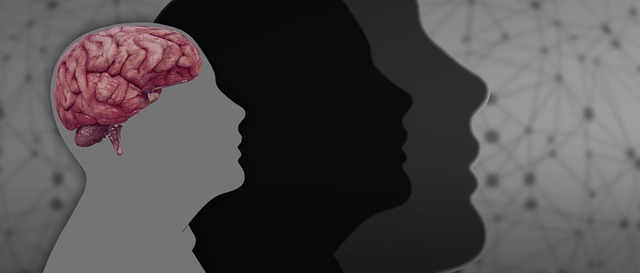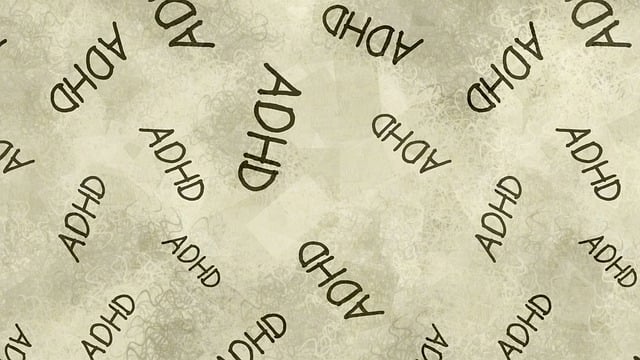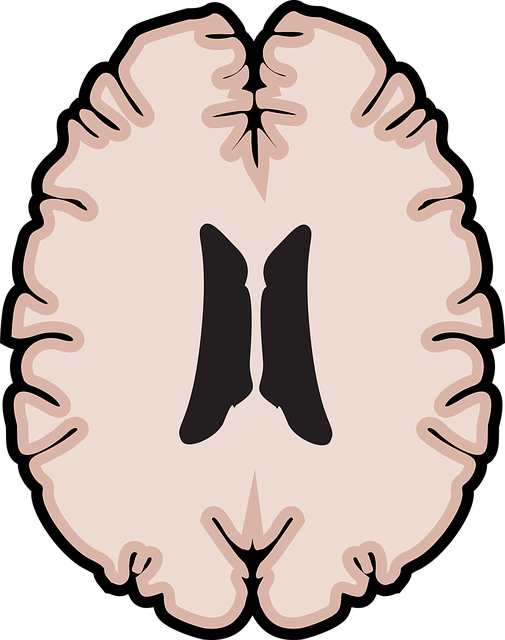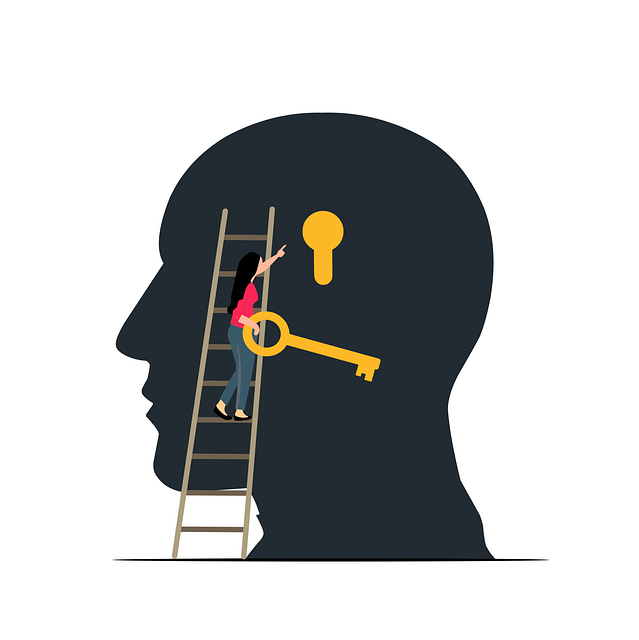The aging population with learning disabilities faces significant mental health challenges, often overlooked by traditional support systems due to a lack of tailored resources and sensitive communication strategies. Effective therapy for elders with learning disabilities requires specific emotional regulation techniques in mental wellness coaching to improve social interactions and quality of life. Organizations like Stress Management Workshops and Community Outreach Programs play crucial roles in making these services accessible. Mental health advocacy initiatives, including public awareness campaigns and compassion cultivation practices, dispel stigma and encourage early intervention. Local support groups, community centers, and creative programs like art therapy challenge stigma and promote understanding, fostering a society that actively supports mental health for all, especially elders with learning disabilities.
Mental health advocacy initiatives play a crucial role in addressing the unique needs of elderly individuals with learning disabilities. This article explores several key aspects, including recognizing distinct mental health challenges faced by this demographic and the pivotal role therapy plays in promoting their overall well-being.
We delve into successful advocacy initiatives and their profound impact on improving access to care. Additionally, we present effective strategies for fostering supportive communities and challenging the stigma surrounding mental health issues, particularly among the elderly with learning disabilities.
By focusing on these areas, we aim to enhance understanding of and support for this vulnerable population, emphasizing the importance of therapy tailored to their specific needs.
- Recognizing the Unique Needs of Elderly Individuals with Learning Disabilities
- The Role of Therapy in Promoting Mental Well-being
- Advocacy Initiatives and Their Impact on Access to Care
- Strategies for Building Supportive Communities and Challenging Stigma
Recognizing the Unique Needs of Elderly Individuals with Learning Disabilities

The unique needs of elderly individuals with learning disabilities often go unnoticed or unmet, highlighting a critical gap in mental health advocacy. As our population ages, it’s crucial to recognize that many seniors with learning disabilities, such as dyslexia or autism, face distinct challenges when it comes to their psychological well-being. These individuals may struggle with social isolation, especially in an era where traditional support networks are evolving. Many find themselves disconnected from community resources and support groups tailored to their specific needs, which can exacerbate existing emotional and mental health issues.
Therapy for elders with learning disabilities requires a nuanced approach. Communication strategies that cater to their unique learning styles are essential for building rapport and fostering open dialogue. Mental wellness coaching programs developed with these considerations in mind can empower seniors to navigate social interactions more effectively. By implementing tailored Emotional Regulation techniques, we can support the mental health and overall quality of life for this underserved demographic, ensuring they receive the care and consideration they deserve.
The Role of Therapy in Promoting Mental Well-being

The role of therapy is pivotal in promoting mental well-being, especially for vulnerable populations such as elders and individuals with learning disabilities. Tailored therapeutic interventions can significantly enhance coping mechanisms, improve emotional resilience, and foster a sense of community among these groups. Therapy provides a safe space for individuals to express their feelings, work through traumatic experiences, and develop healthier ways of managing stress.
For elders, therapy can address the unique challenges of aging, including dealing with loss, adapting to changes in health or independence, and preventing cognitive decline. Similarly, for those with learning disabilities, therapeutic support can help manage associated mental health issues like anxiety and depression by focusing on improving communication skills, building self-esteem, and providing strategies for stress management. Organizations like the Stress Management Workshops aim to empower individuals through education and skill development in managing stress effectively. Community Outreach Program Implementations also play a crucial role in bringing therapy and mental wellness resources directly to underserved populations, ensuring that everyone has access to these vital services.
Advocacy Initiatives and Their Impact on Access to Care

Mental health advocacy initiatives play a pivotal role in improving access to care for vulnerable populations, including elders and individuals with learning disabilities. These efforts focus on raising public awareness about mental health issues through various campaigns that dispel stigma and promote understanding. By educating communities about the importance of therapy and support services, advocacy groups encourage early intervention and reduce barriers to seeking treatment.
Moreover, compassion cultivation practices and stress management workshops organized by dedicated organizations empower individuals to take charge of their well-being. These initiatives not only enhance self-care but also foster resilience, ensuring that people with learning disabilities or aging adults have access to evidence-based therapies tailored to their unique needs. Such advocacy efforts contribute significantly to creating a more inclusive and supportive society where mental health is prioritized and accessible to all.
Strategies for Building Supportive Communities and Challenging Stigma

Building supportive communities is a powerful strategy to challenge the stigma surrounding mental health issues, especially for vulnerable groups like elders with learning disabilities. Local support groups and community centers can provide safe spaces for open conversations about mental well-being, fostering an environment where individuals feel understood and encouraged. These platforms enable peer support, where people share their experiences, offer advice, and create a network of care. By organizing workshops and awareness campaigns, communities can educate themselves on various mental health topics, including specific challenges faced by elders with learning disabilities, thereby promoting empathy and breaking down barriers.
Challenging stigma often involves creative initiatives that engage the public. Art therapy programs, for instance, can empower individuals to express their emotions through artistic means, improving self-esteem and providing an outlet for anxiety relief. These activities also attract attention to mental health matters, encouraging open dialogue. Additionally, involving local businesses and community leaders in advocacy efforts ensures sustained support. By integrating mental health awareness into everyday conversations, we can create a society that not only acknowledges but actively supports individuals seeking therapy for elders with learning disabilities or struggling with mood management and anxiety relief.
Mental health advocacy plays a pivotal role in addressing the unique challenges faced by elderly individuals with learning disabilities. By recognizing their specific needs, implementing evidence-based therapy, and fostering supportive communities, we can significantly enhance access to care and challenge the pervasive stigma surrounding mental health issues. Initiatives focused on these areas are transformative, ensuring that all elders receive the comprehensive support they deserve for their holistic well-being, especially when navigating the complexities of learning disabilities. This tailored approach is crucial in promoting a more inclusive and compassionate society.




